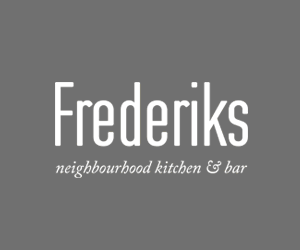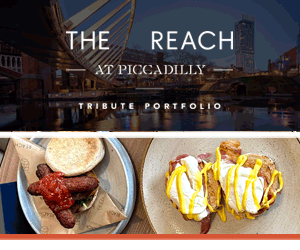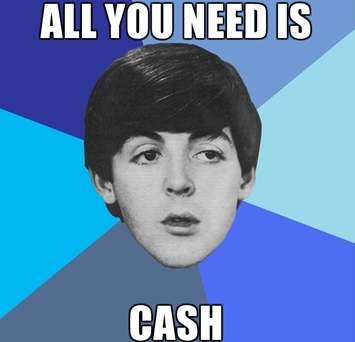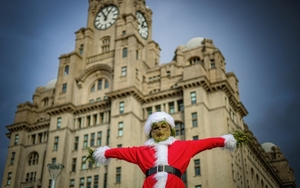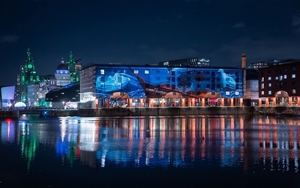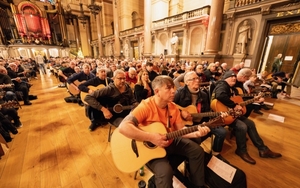THERE is something mysterious if not magical (sorry) about the Beatles industry in Liverpool. It emerged as a nice little earner in the late 1970s - and has turned into one of the city’s most powerful money spinners.
An in-depth report today measures the impact of the Fab Four more than half a century after they left for London.
It reports an £81.9 million a year net gain for the city economy and 2,335 jobs
The authors of the report, led by the city’s two main universities, examine, microscopically, how the Beatle-boom was born and developed. They adopt a “can do” attitude and look towards prospects for the future.
The report talks of “stakeholders”, “brand value” and “visitor offer”. It recommends a more official, “joined-up and high quality response” to promote the legacy of the group; a pair of “safe hands”.
But who owns these safe hands? Step forward Liverpool City Council.
Read this: Revealed: Secret of the new Beatles statue on Liverpool waterfront
Some might say the ragtag and bobtail approach to capturing the impact of the Beatles is one of the charms, the fact it is arms-length from the clinical grasp of organisation and officialdom. After all, this was a rock n roll band whose phenomenal success lay entirely in the charisma, free spirit and creativity of its members.
A group of overseas tourists, visiting Penny Lane, were once asked if they were disappointed with the fact that apart from a street sign, there is little to show the Beatles ever traipsed along the pavements.
Disappointed? Not at all. They were delighted it was an ordinary street in Liverpool where people lived and breathed and who took the regular tours in their stride.
The Beatles Story, Cavern City Tours, the Fab Four taxi tours, NML, the National Trust (who run the boyhood homes of Lennon and McCartney) collectively do a great job in creating a memorable experience. Add the public statues, cafes, bars and other attractions, and this is a hotch potch that works well.
But in its report today the “experts” say, at the very least, the city needs to respond to a “duty of care” to maintain standards.
This, the report concedes, is challenging in a mixed public-private economy such as the Beatles industry in Liverpool.
“The pioneers who responded to visitor needs have delivered a strong, successful and economically growing contribution to the cultural offer in Liverpool,” it says.To develop this further, it recommends, “the city may now need to explore creating a joined-up and high quality response to the unabated and expanding visitor numbers”.
It may come as something of a surprise to those pioneers to read the final bit: “The reputation of the Beatles has to be in safe hands. Liverpool City Council with its relationship with core stakeholders, can lead the development of the vision and strategy to deliver an ever improving world class Beatles experience embedded in Liverpool.”
“We would argue that Liverpool needs to have a more coordinated response to visitors’ interest in the Beatles….if only to protect the long term brand value….a strong offer will need well curated, managed and accessible resources.”
It suggests a Beatles legacy group, sub-groups and a Beatles Industry Group. The report also suggested a major Beatles resource in the city, saying such a repository might induce the British Museum and British Library to make available its Beatles materials.
Whether the thriving ad-hoc industry, created on the coat tails of John, Paul, George and Ringo, will be more secure with a civil servant propelling it in the corridors of the Town Hall, will be a topic for hot debate.





